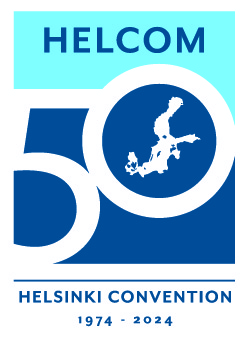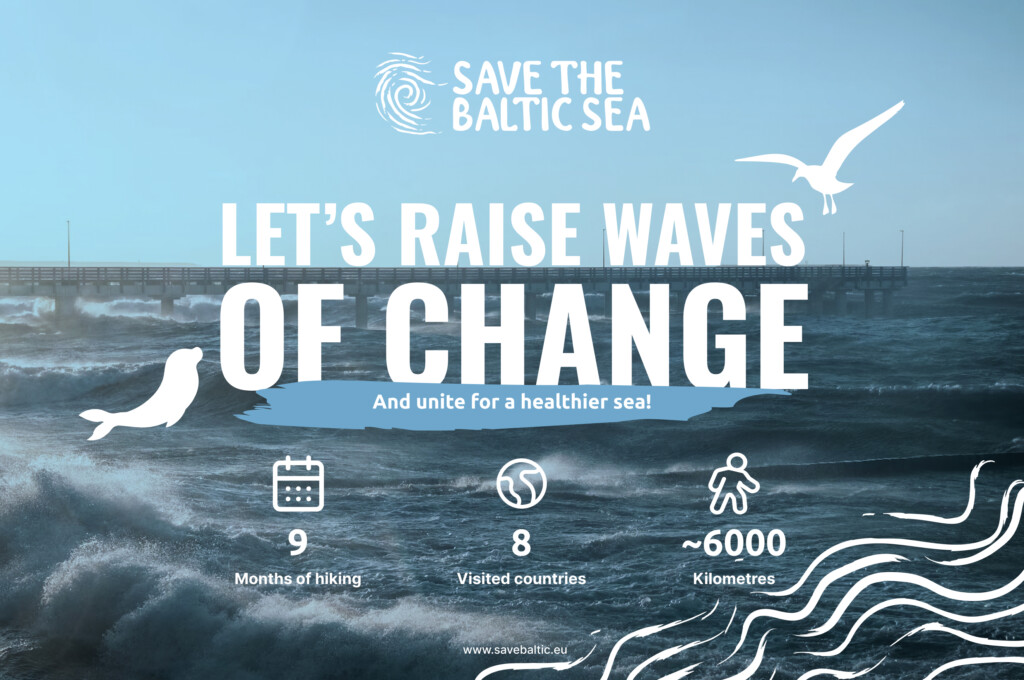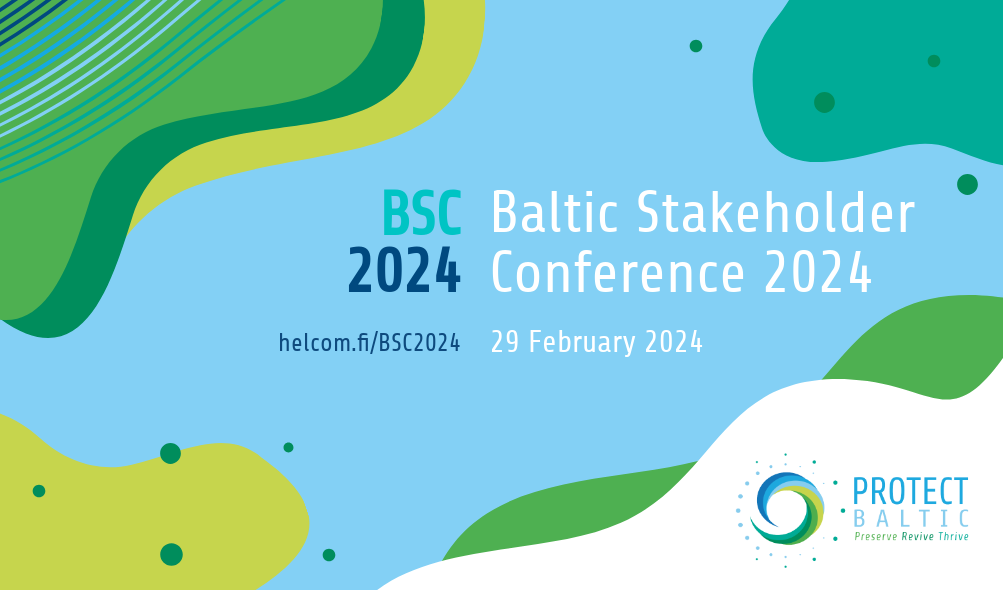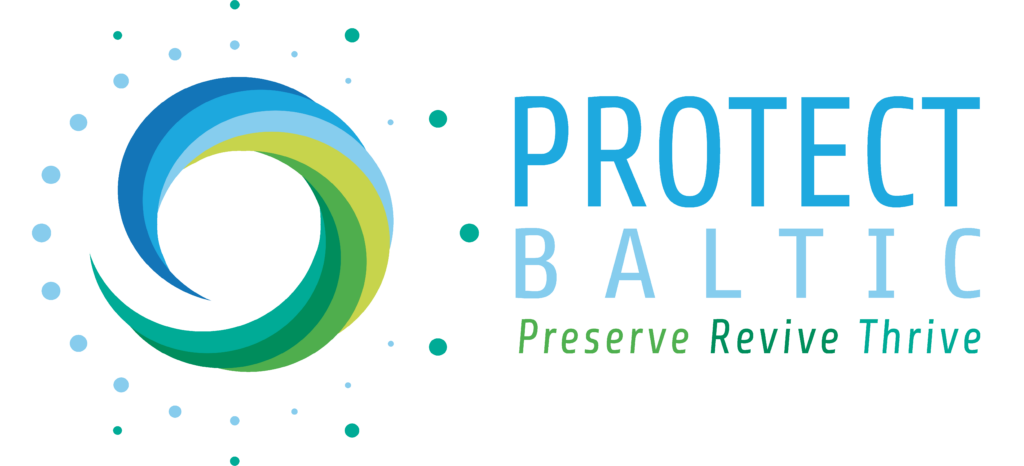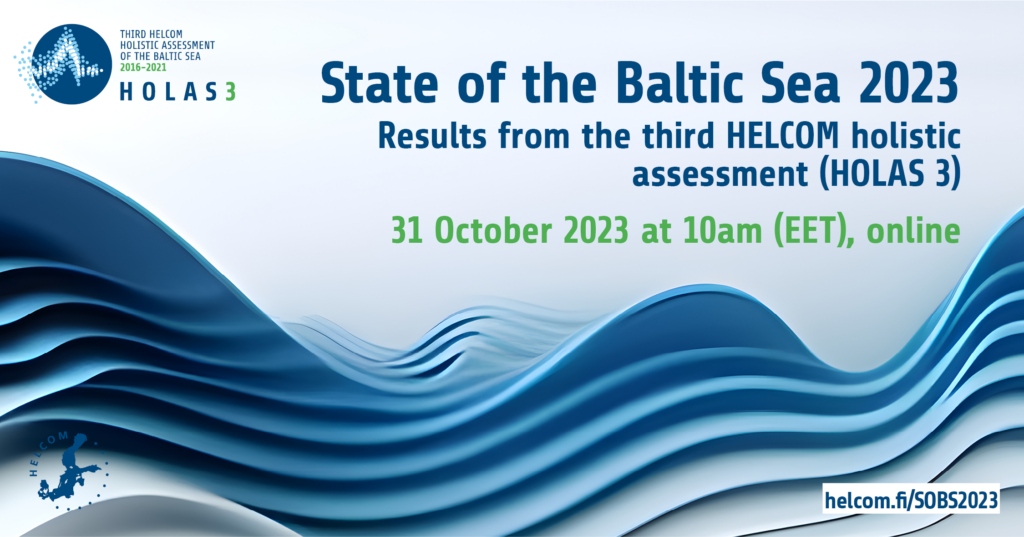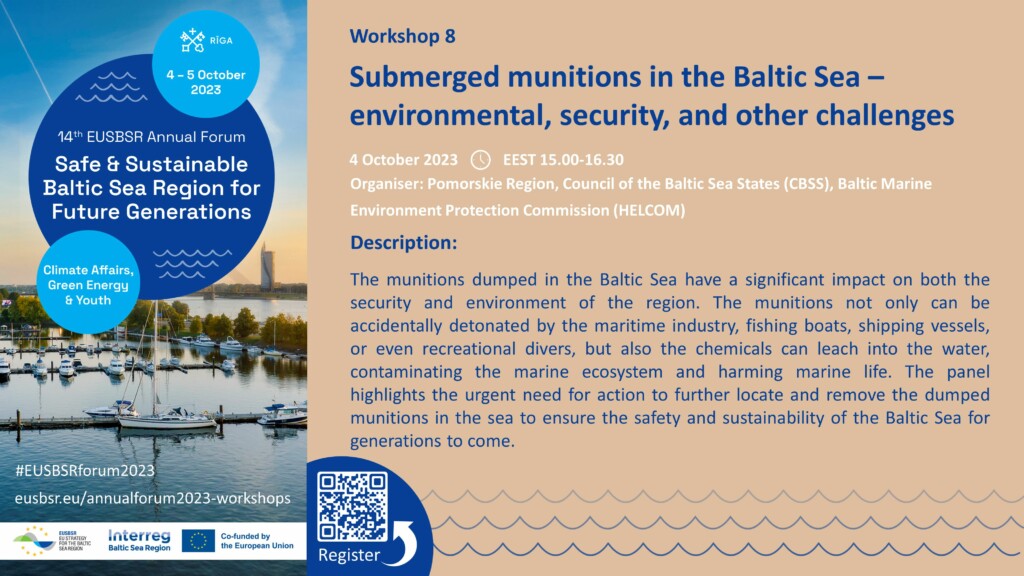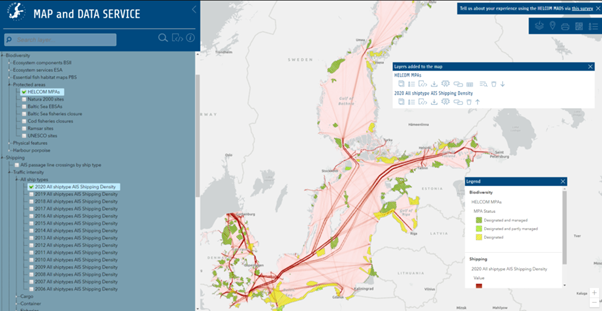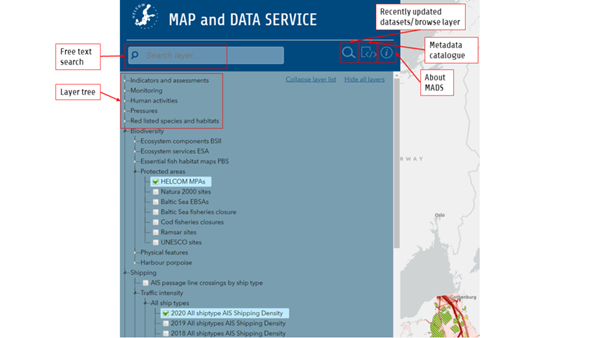Helsinki, 31 October 2023 – The Baltic Sea is facing increasing challenges due to climate change and biodiversity degradation driven by eutrophication, pollution, land use, and resource extraction, according to a report published by the Baltic Marine Environment Protection Commission (HELCOM) today.
The State of the Baltic Sea 2023 summarises the main findings from the third HELCOM holistic assessment (HOLAS 3), which provides a comprehensive overview of the Baltic Sea’s ecosystem health during 2016 to 2021.
Little to no improvement of the Baltic Sea environment occurred during the assessment period, the report finds. Key pressures on the Baltic Sea ecosystem include eutrophication, pollution from hazardous substances, land use and overfishing, but several other pressures also add to the total impact. However, measures to reduce pressures on the Baltic Sea are working, when they are implemented.
Jannica Haldin, HELCOM Deputy Executive Secretary and the overall coordinator of the assessment said:
“The findings serve as a sobering reminder that the Baltic Sea faces critical challenges stemming from human activities. HOLAS 3 represents the most comprehensive overview of the state of the Baltic Sea environment ever produced, and this knowledge must now be translated into informed action. The importance of transboundary cooperation, a shift towards genuinely environmentally sustainable practices and long-term commitment cannot be overstated.”
HELCOM’s 2021 Baltic Sea Action Plan (BSAP) is a cornerstone in addressing these challenges and remains highly relevant. The plan includes measures that HELCOM countries have agreed on to strengthen biodiversity, reduce environmental pressures, and improve the overall health of the Baltic Sea ecosystem. The BSAP aligns with the United Nations Sustainable Development Goals (SDGs) and the EU Marine Strategy Framework Directive, underscoring the need for coordinated action.
Key highlights from the report:
- Environmental deterioration: Despite efforts to improve the Baltic Sea environment, the assessment period (2016-2021) showed little to no improvement. Several indicators, including pelagic and benthic habitats, fish stocks, waterbirds, and marine mammals, did not meet their threshold values, with some showing a worsening trend.
- Impact of human activities: Pressures on the Baltic Sea ecosystem include eutrophication, pollution from hazardous substances, overfishing, and habitat destruction. These pressures are adversely affecting the ecosystem, leading to a decline in the overall state of biodiversity.
- Cost of inaction: The poor environmental status of the Baltic Sea clearly impacts a wide range of ecosystem services on which we depend, affecting the profitability of fisheries and tourism for example. Achieving good environmental status in national marine waters by 2040 has been estimated to be worth 5.6 billion euros per year to the people around the Baltic Sea.
- Regional measures: The assessment reveals that when regional measures are implemented, they have a positive impact on the environment. Reductions in nutrient inputs and hazardous substances, as well as actions for biodiversity conservation, have shown signs of success in some parts of the Baltic Sea.
- Climate change: Climate change is increasingly affecting the Baltic Sea region, leading to rising water temperatures, reduced ice cover, and more extreme weather events. This amplifies the need for measures to enhance ecosystem resilience and mitigate the negative impacts of climate change.
- Ecosystem-based management: The assessment emphasizes the importance of ecosystem-based management and transformative changes across various socioeconomic sectors interacting with or affecting the Baltic Sea environment.
MEDIA RELEASE ENDS.
Notes to editors
About HELCOM holistic assessment (HOLAS): A comprehensive holistic assessment on the state of the Baltic Sea is conducted once every six years. The reports result from collaborative efforts among HELCOM member states, scientific experts, and organizations dedicated to the protection of the Baltic Sea. They serve as a cornerstone of HELCOM’s work and policymaking, assisting in the monitoring of the implementation and the effectiveness of the Baltic Sea Action Plan (BSAP).
The third HELCOM holistic assessment (HOLAS 3) focuses on the years 2016-2021 and includes results at various levels of detail, including monitoring data, indicator reports and thematic assessments. HOLAS 3 represents the most comprehensive assessment of the Baltic Sea environment to date. State of the Baltic Sea summary report highlights and synthesizes the main findings of the various assessment products.
About HELCOM: The Baltic Marine Environment Protection Commission – also known as the Helsinki Commission (HELCOM) – is an intergovernmental organisation (IGO) and a regional sea convention (the Helsinki Convention) in the Baltic Sea area. A regional platform for environmental policy making, HELCOM was established in 1974 to protect the marine environment of the Baltic Sea from all sources of pollution. The Helsinki Convention has 10 Contracting Parties which are also the members of HELCOM. These include all Baltic Sea states and the European Union. The headquarters of HELCOM, the Secretariat, is in Helsinki.
Contact
Eeva Nyyssönen
Communication Secretary, HELCOM
eeva.nyyssonen@helcom.fi
+358 40 647 3996
Links
State of the Baltic Sea 2023 report
https://stateofthebalticsea.helcom.fi
